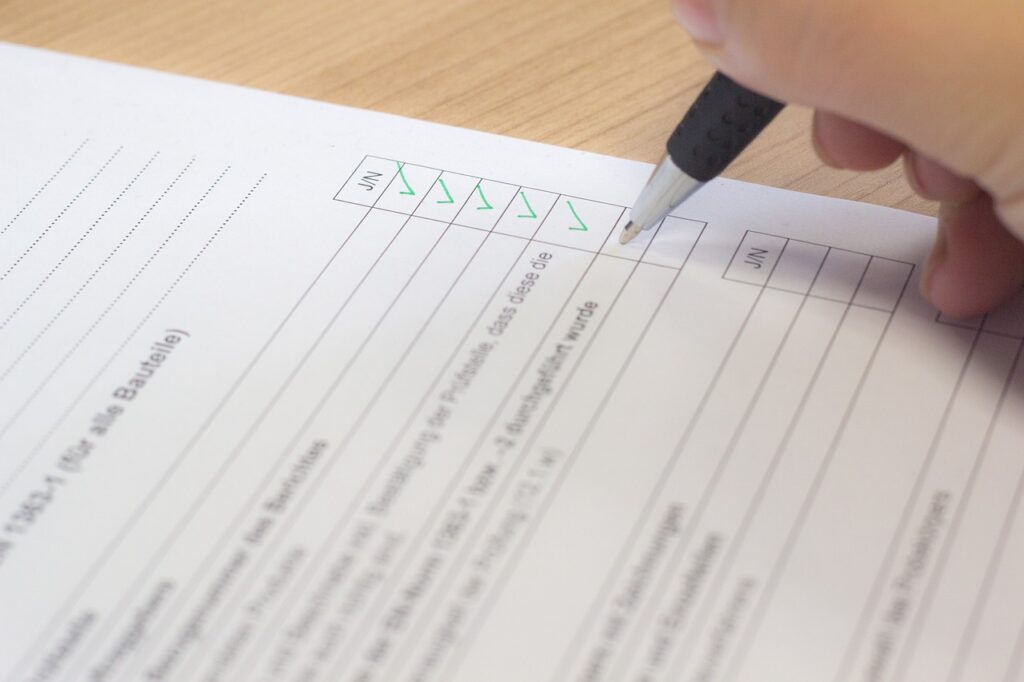Hiring Temporary Foreign Workers: Everything You Need to Know
The Government of Canada allows organizations to hire foreign nationals under the Temporary Foreign Workers Program (TFWP). To address the issue of skill and workforce shortages among small companies, employers seek the services of temporary workers. They do this as it provides an avenue for them to solve their labour requirements.
The Federal Department of Citizenship and Immigration Canada (CIC), as well as the Employment and Social Development Canada (ESDC), play a major role in deciding if a candidate is eligible for a work permit. They will determine if hiring a temporary worker will support economic growth in Canada. In this blog, we go over some of the main factors you, as an employer, need to know before hiring temporary foreign workers.
Table of Contents
Toggle1. The employer decides if a Positive Labour Market Impact Assessment (LMIA) from ESDC is required
The Labour Market Impact Assessment is a confirmation service handled by the Canadian Government. Foreign workers are required to qualify for this before they are eligible to be hired. In most cases an LMIA is required. However, there are some cases in which it is not needed due to special pilot programs or International agreements that exist.
The types of jobs that do not require an LMIA are ones considered to be in the best interest of Canada. Other factors include jobs that are in an international trade accord. They can also be part of an accord between the federal government and a territorial/provincial government. A positive assessment will be provided when hiring a foreign worker does not have any negative impact on the Canadian labour market.
2. If an LMIA is required, an employer can apply for it from the ESDC
Employment and Social Development Canada will make its decision based on multiple factors. The ESDC will consider if the job offer is genuine. It also depends on if the foreign worker will fill a labour shortage in the province. The ESDC considers if the wages and working conditions are compatible with those offered to Canadians working in the same occupation as well. When an employer applies for an LMIA, the ESDC will also check if:

- The hiring of temporary foreign workers will not affect a labour dispute of the employment of a Canadian citizen involved in such a dispute.
- The employer was thorough in their hiring and training process for the job (in this case the employer will need proof of recruitment efforts).
- The recruitment of a temporary foreign worker will create new opportunities for Canadian citizens or help retain jobs.
- The foreign workers will transfer their knowledge and skills to Canadians.
“Acquiring the right talent is the most important key to growth. Hiring was – and still is – the most important think we do.” – Marc Bennioff, Chairman and co-CEO of Salesforce

3. The employer has to select and hire a temporary foreign worker according to their requirement
The final decision of hiring temporary foreign workers rests solely in the hands of an employer. They have to recruit and hire a suitable foreign worker who will fit the job requirement. The employer should provide a job offer that meets the prevailing wage rates and labour standards. Once the ESDC provides a positive LMIA and approves the job offer, the employer can send it to the foreign worker. They will also send a letter of employment so that the candidate may apply for a work permit.
4. The temporary foreign worker has to apply to the Federal government for a work permit
After receiving the positive LMIA from the employer, the foreign worker has to apply for a work permit to legally work in Canada. Most of the time the worker needs to apply for a permit from outside Canada at a visa office in their own country. In some cases, the temporary workers can apply for a work permit at a Canadian port of entry. However, this only applies if they already have the necessary documents.
The employer needs to ensure the temporary foreign workers have the right documentation to enter Canada. This may include a visitor’s visa or an Electronic Traveller’s authorization (eTA). When applying for a work permit a temporary worker needs to also check if a temporary visa is required. A visa officer will process the worker’s application for it along with the work permit. So there you have it, these are some of the main concepts and guidelines that you need to keep in mind when hiring from outside of Canada.
Disclaimer: Please note that these guidelines and regulations are only the recent updates as of March 2022, and may change at a later date. Keep this in mind going forward and be sure to keep yourself apprised of the latest developments in guidelines and rules issued by the Canadian government before the worker immigrates.






